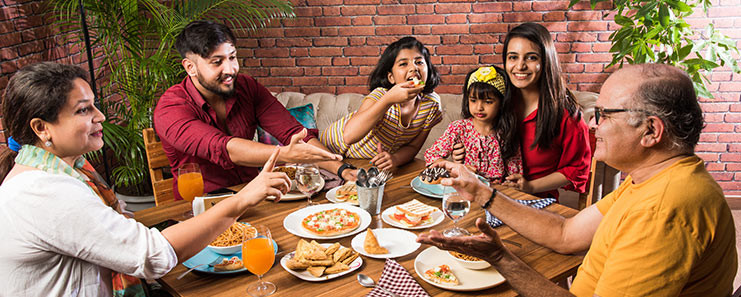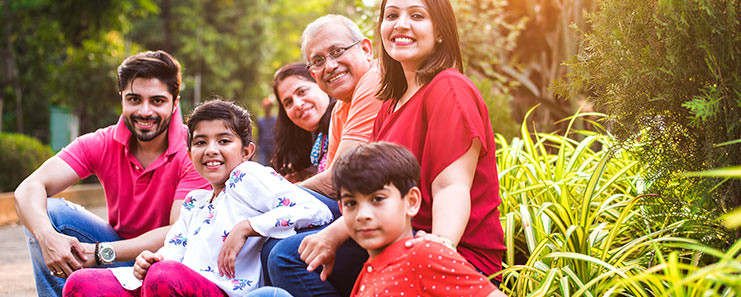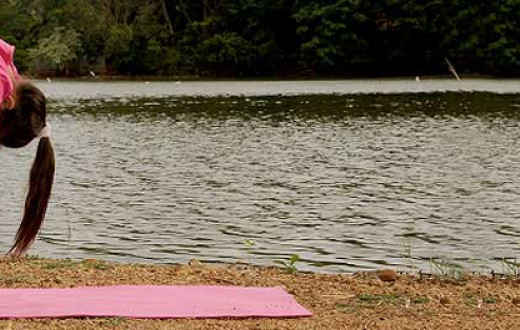
In recent times, parenting is being looked at from a wider perspective. Parenting is not just providing the necessities of life to your offspring but much more than that. In India, it has generally been value-based from ancient times. A mix of authoritative and authoritarian parenting styles is usually prevalent in India. In a few families, permissive and neglectful parenting styles are dominating.


Indian parenting is a two-way journey.

Your children can teach you what others might have failed to teach you. You need to observe and learn from them. Your children can also help you learn things for different reasons. I knew just basic cooking, but I learned to prepare various dishes with an attractive presentation, because of my foodie son.
You can help your children imbibe some of your skills. For instance, my husband is good at negotiating with sellers. He always takes our son with him whenever he visits a market. Our son observes and learns from his father the subtle intricacies of better bargaining.
Intergenerational continuity in Parenting.

I want to share some of the good parenting I experience to this day even at the age of 49. I feel very close to my father and often seek his advice on life skills, financial matters, etc. I also take help from my mother to decide on the measurements of raw ingredients to be used while cooking for 25-50 people. And sometimes, I also speak to her for help on relationship issues. Why do you think I have so much faith in my parents even after 25 years of marriage? Simply because they have always been there for us in our needs and we reciprocate the same trust when they need us. I was also inspired by the way they took care of their parents (my grandparents).
Indian parenting is evolving with time.
My mother never discussed mensuration with her mother (my grandmother/nani). She discussed it with her sisters and bhabhi (brother’s wife). I remember my mother asking me for assurance that I had used the sanitary pad properly during my periods. Due to my father’s broad-mindedness, my openness, or both, during my early 30s, I started discussing post-pregnancy issues with my father too. But today, I find my cousins not sharing these issues with their father. I thus conclude that parenting is the summation of many aspects evolving in a family.
Indian parenting revolves around, “Influencing the influencers of your children”

In India, uncles and aunts (chacha-chachi, mama-mami, etc.) are good influencers for your children. My niece was throwing tantrums at her father (i.e. my brother-in-law) for not getting her a pet dog. I asked the little one how much she knew about dog care. Finally, our conversation ended on the note that she would take care of a neighboring pet dog for a few days to analyze her readiness for a new family member. After a few days, she realized that she could not spare time and energy to care for the pet dog. 🐾
Many Indian joint families have converted into nuclear families and have gone to the extent of single-parent families. Therefore, the role of grandparents and uncle-aunts is also played by parenting education professionals.
Testimonial
Rashmi shares her experience, “Earlier, we knew the problem but did not know how to handle it. Online Know Your Teen Workshop helped me follow certain things to raise my teens as well-cultured and good human beings.”
Online Know Your Child Workshop is for parents & guardians of children aged 12 years and below. Children are curious and impressionable. While their impressions are formed by their environment - cousins, friends, peers, social media and society, how do you teach them how and what to think? And how do you prepare them to graduate gracefully into the teenage years?
Online Know Your Teen Workshop is for parents & guardians of teenagers aged 13 to 18 years. The conflict between teens and their parents arises because many times there is a difference between what you want to say and what your teen hears. Where did that sweet, innocent, thoughtful, doe-eyed little child disappear? And who is this new, temperamental, opinionated, young rebel in the house?
Based on inputs from Gurudev Sri Sri Ravi Shankar
Written by: Pratibha Sharma
We’d love to hear from you!
Write to us @artofliving about what you feel about Indian parenting
Related link
12 basic principles of good parenting
References
Intergenerational Continuity in Parenting Behavior: Mediating Pathways and Child Effects












